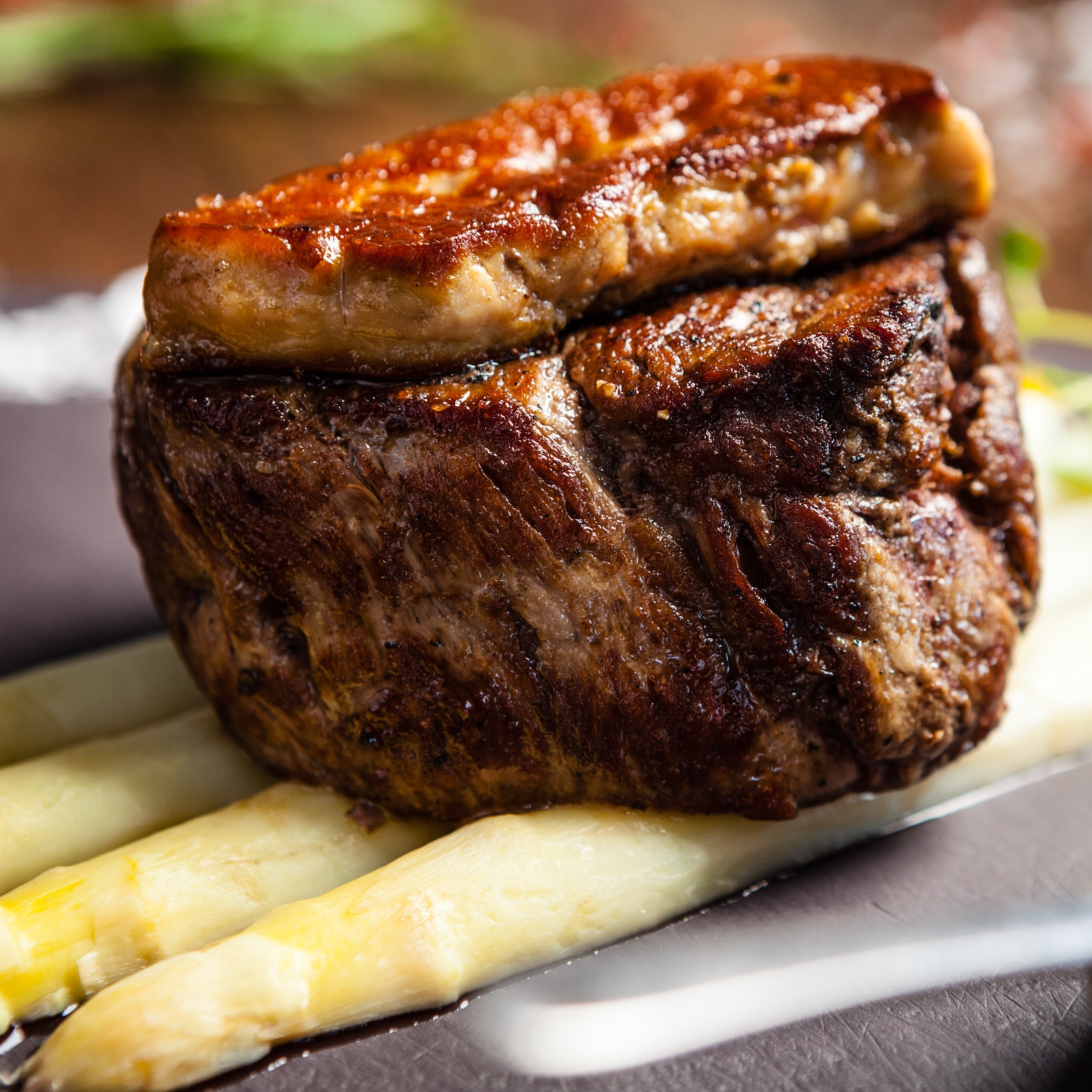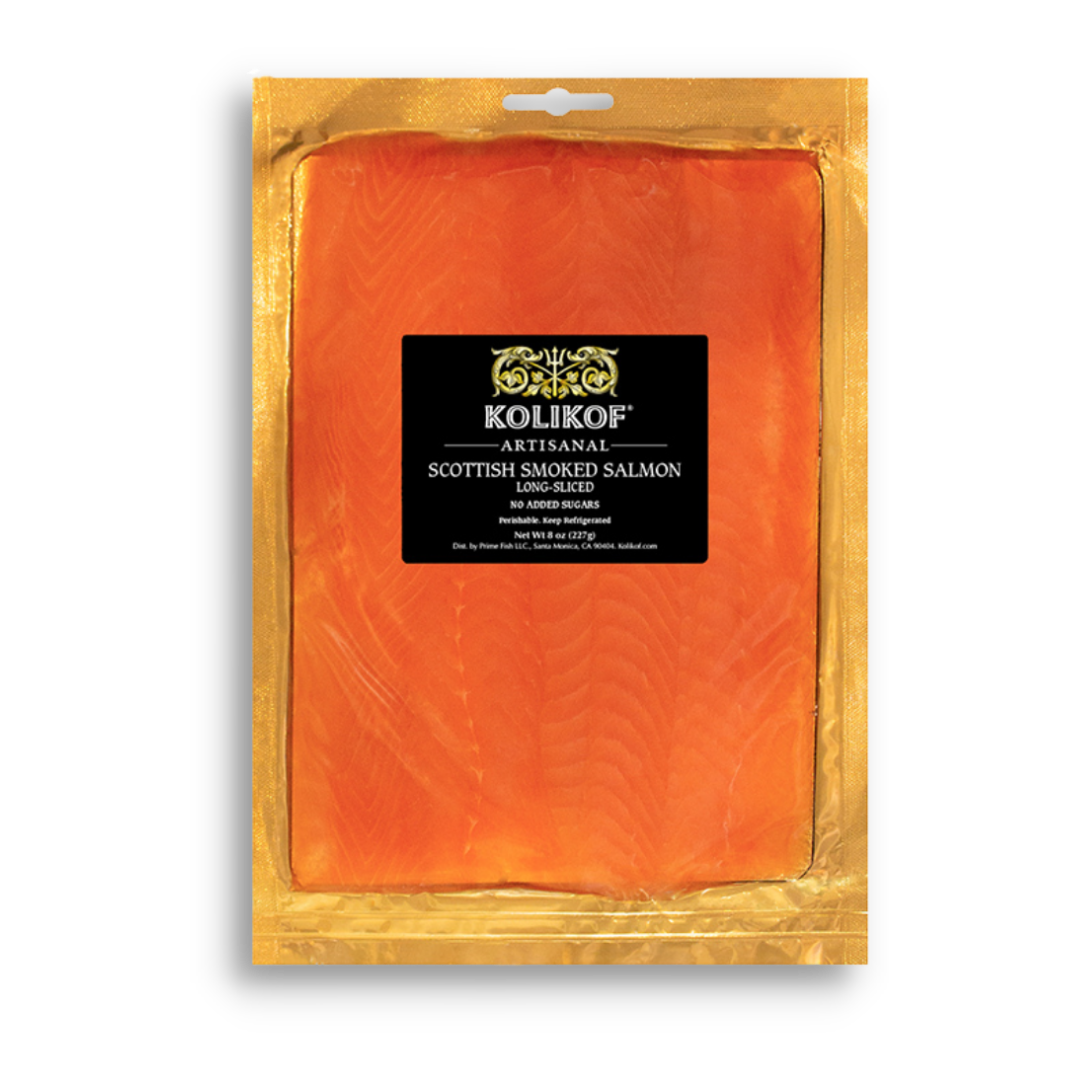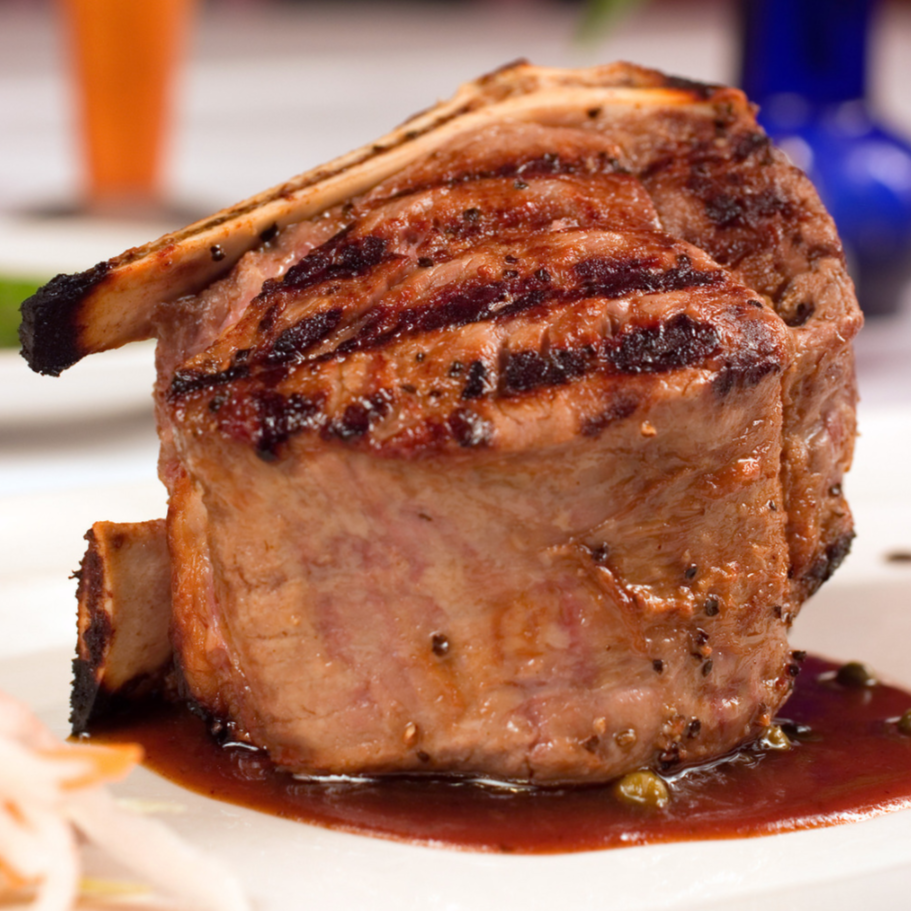Is caviar kosher?
Caviar is a luxury that has been held dearly in many societies for ages. It is derived from Sturgeon fish eggs found in the Caspian and Black Seas. This raises the question as to whether kosher people can eat caviar or not. This article will look into the intricacies of kosher laws, and establish if it is in fact kosher.
Judaism has its own dietary laws known as Kashrut. These laws determine what foods are allowable and which are not. Pigs and shellfish such as lobsters and shrimp are some types of animals considered dirty according Jewish dietary code hence forbidden from being eaten. Moreover, meat should never be mixed with dairy products whereas meats must be killed in a particular way so they can be eaten within the confines of Jewish law.
For seafood, only fish with fins and scales are Kosher. Shellfish including prawns and lobsters do not qualify as Kosher seafoods.Jewish dietary codes classify sturgeon which produces caviar under this category because its skin has both scales and fins.
However, preparing koshers caviar becomes complicated.In order for them to be considered kosher, the fish must go through a special manner of killing .This process is called shechita where an animal’s throat is slit by well trained Hebrew butcher who does it one stroke killing it instantly without feeling any pain at all.
Furthermore, there are more aspects than just slaying that need consideration when making kosher caviar.The method used to extract these eggs should make sure that they do not come into contact with any non-kosher additive.Thus, these eggs have to be removed very carefully from fishes’ bodies before washing them out with water so as no impurities remain.
The salt used during curing of caviar must also meet certain standards required by Halakha. Kosher salt refers to a type of salt that contains none of those added substances; hence it is produced in strict accordance with kosher requirements.
The caviar has to fulfill specific kosher demands with regard to packaging and labeling too. For example, the product’s package must not contain any non-kosher substance while its label should indicate whether this caviar is kosher or not.
To summarize, caviar is kosher when made according to Jewish dietary laws. Fish that are used for making caviar ought to have fins and scales besides being slaughtered by a well experienced Hebrew butcher. The eggs are supposed to be harvested and cured using kosher techniques and ingredients while at the same time meet all requirements for packaging as stipulated by Halacha on kashrut. If all these conditions are fulfilled then the final product is going to be a kosher caviar which adheres to all rules set within this religion so far ensuring proper consumption of this foodstuff by those who follow halal diet.









